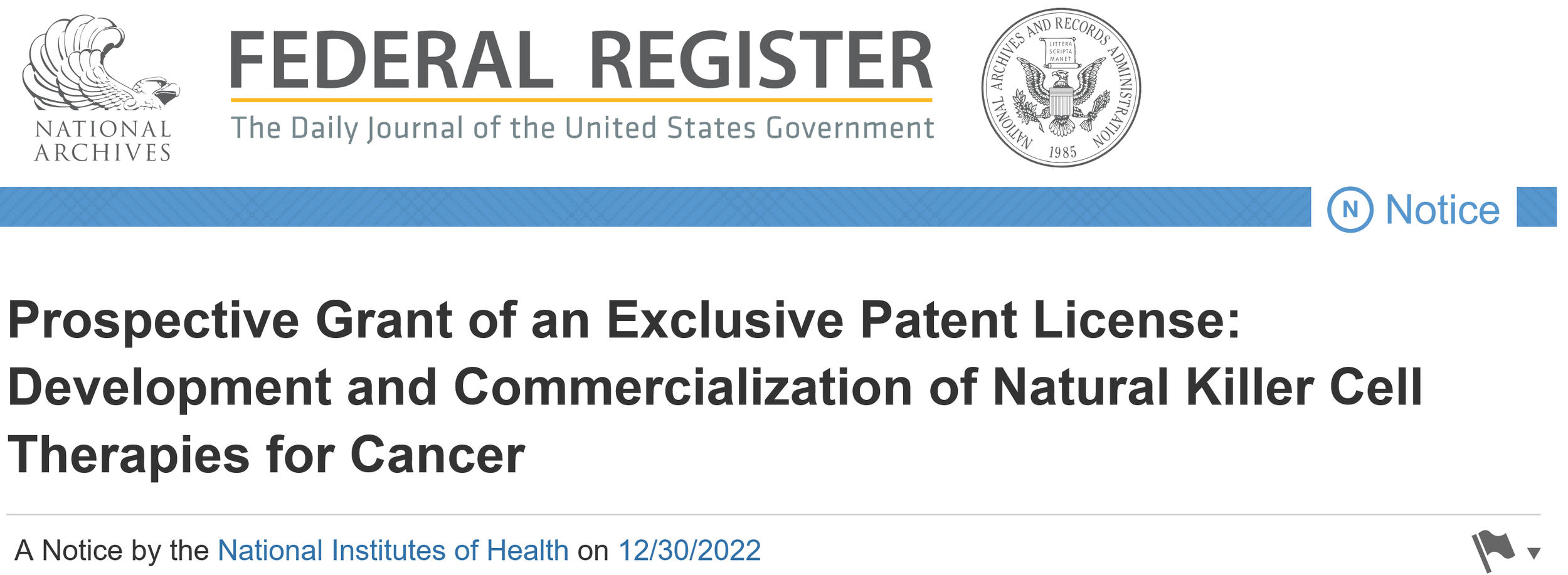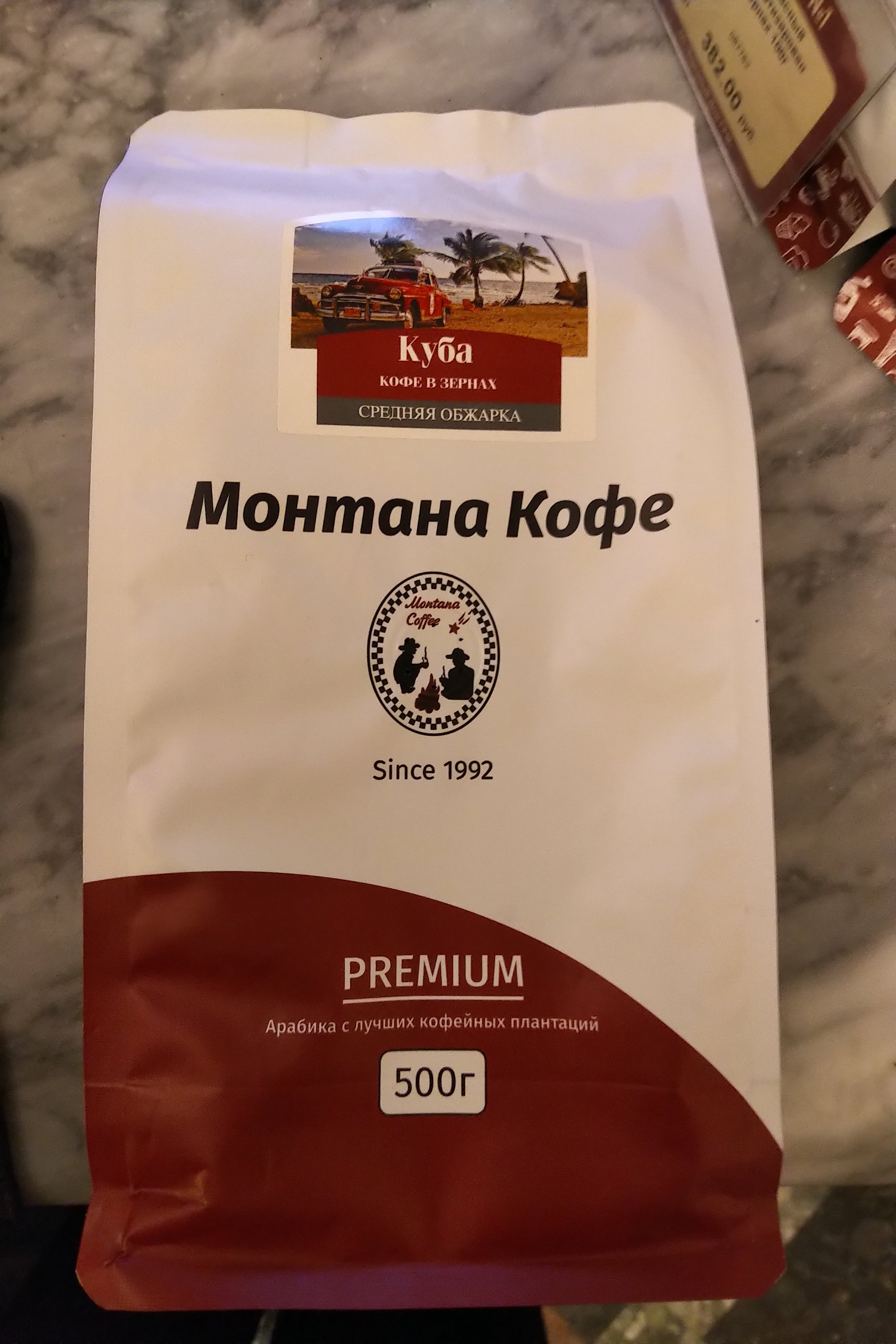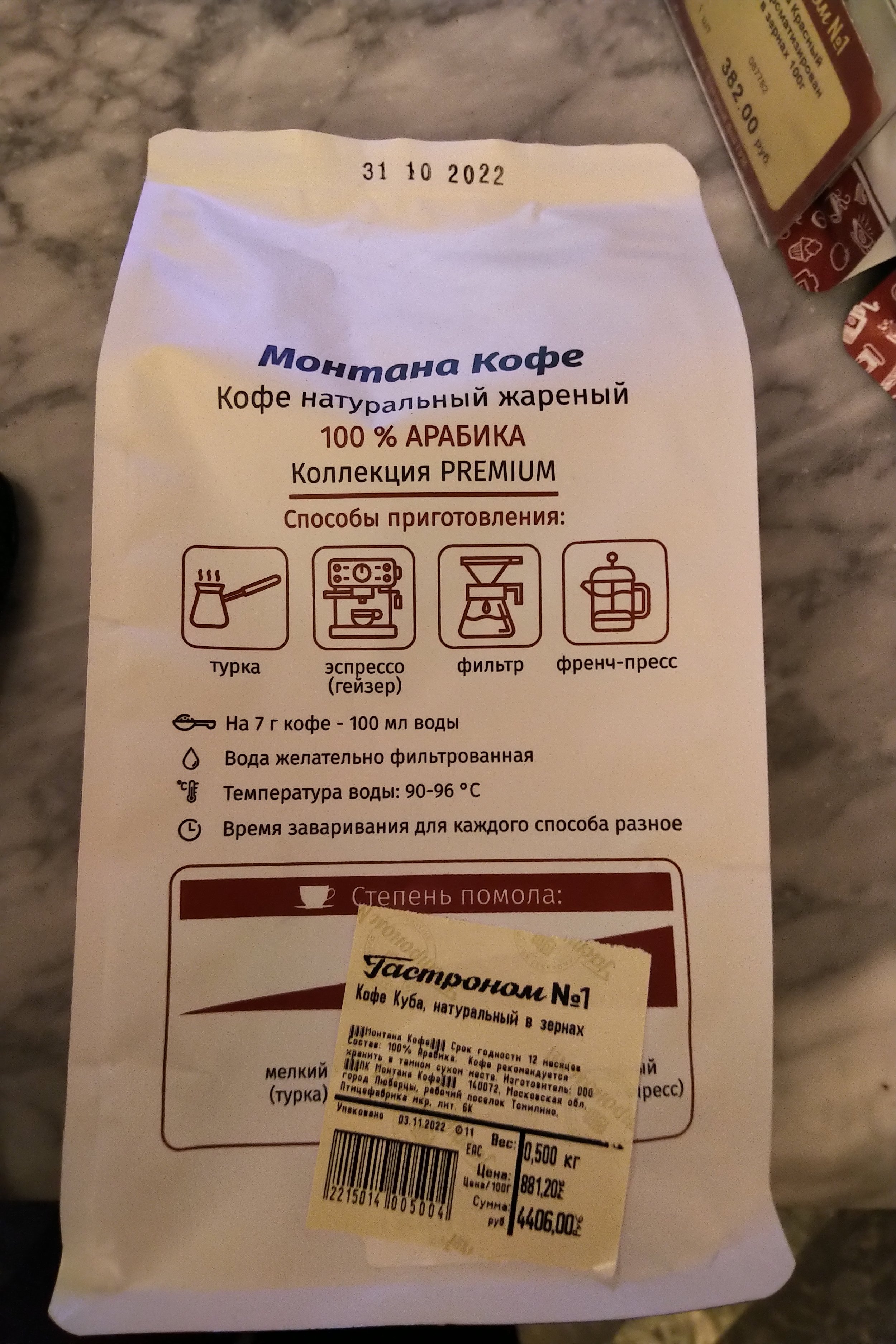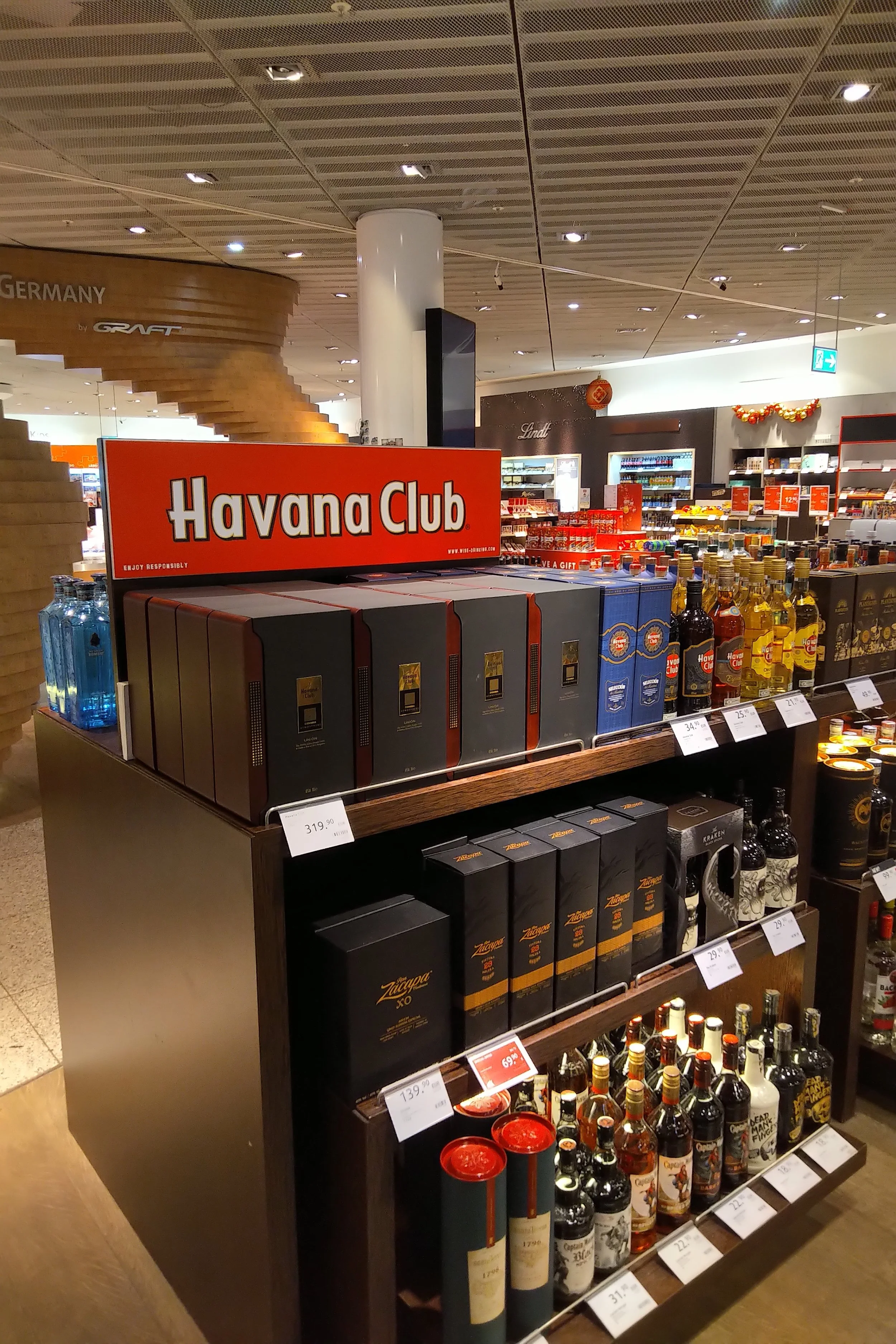After 43 Months, Florida District Court Judge Hands First Cuba Libertad Act Verdict- Four Cruise Lines Must Pay US$439,217,424.51 Plus US$11,707,484.31 In Legal Fees. Appeals Probable.
/“Had the Clinton-Gore Administration (1993-2001), Bush-Cheney Administration (2001-2009), Obama-Biden Administration (2009-2017) and Trump-Pence Administration (2017-2021) in conjunction with the [Fidel] Castro Administration (1976-2008), [Raul] Castro Administration (2008-2018), and Diaz-Canel-Valdes Mesa Administration (2019-) engaged directly in negotiations to resolve the 5,913 certified claims valued at US$1,902,202,284.95 by the United States Foreign Claims Settlement Commission (USFCSC), then Title III of the Libertad Act may not have been implemented in May 2019 by the Trump-Pence Administration and the commercial, economic, and political bilateral trajectory may likely have been far different today than it is today.”
The Trump-Pence Administration (2017-2021) on 2 May 2019 made operational Title III of the Cuban Liberty and Democratic Solidarity Act of 1996 (known as “Libertad Act”).
Title III authorizes lawsuits in United States District Courts against companies and individuals who are using a certified claim or non-certified claim where the owner of the certified claim or non-certified claim has not received compensation from the Republic of Cuba or from a third-party who is using (“trafficking”) the asset.
On 2 May 2022, Havana Docks Corporation, a certified claimant, was the first to file a Libertad Act Title III lawsuit in the United States Southern District Court in Miami, Florida. LINK TO COMPLAINT. The defendants were Carnival Corporation, MSC Cruises, Norwegian Cruise Line Holdings, and Royal Caribbean Cruises.
Not unnoticed that the first lawsuit filed is the first lawsuit have a judgement, a verdict, by a United States District Court. The process took forty-three (43) months.
Next, the defendants, collectively or individually, will decide to: 1) accept the verdict 2) seek to overturn or revise the judgement through a filing to the Atlanta, Georgia-based Eleventh Circuit Court of Appeals or 3) seek to settle with the plaintiff for an amount likely less then the judgement confirmed by the District Court.
Of the forty-four (44) Libertad Act Title III lawsuits filed since 2 May 2019, one has been settled for an undisclosed amount; one has reached a court verdict/judgement; some have been dismissed; some have been appealed to respective Courts of Appeals; two have sought, but not received review by the United States Supreme Court.
HAVANA DOCKS CORPORATION VS. CARNIVAL CORPORATION D/B/A/ CARNIVAL CRUISE LINES [Consolidated to 1:19-cv-23591; 1:19-cv-21724; Southern Florida District]
Colson Hicks Eidson, P.A. (plaintiff)
Margol & Margol, P.A. (plaintiff)
Jones Walker (defendant)
Boies Schiller Flexner LLP (defendant)
Akerman (defendant)
HAVANA DOCKS CORPORATION V. MSC CRUISES SA CO, AND MSC CRUISES (USA) INC. [Consolidated to 1:19-cv-23591; 1:19-cv-23588; Southern Florida District]
Colson Hicks Eidson, P.A. (plaintiff)
Margol & Margol, P.A. (plaintiff)
Venable (defendant)
HAVANA DOCKS CORPORATION V. NORWEGIAN CRUISE LINE HOLDINGS, LTD. [Consolidated to 1:19-cv-23591; 1:19-cv-23591; Southern Florida District]
Colson Hicks Eidson, P.A. (plaintiff)
Margol & Margol, P.A. (plaintiff)
Hogan Lovells US LLP (defendant)
HAVANA DOCKS CORPORATION VS. ROYAL CARIBBEAN CRUISES, LTD. [Consolidated to 1:19-cv-23591; 1:19-cv-23590; Southern Florida District]
Colson Hicks Eidson, P.A. (plaintiff)
Margol & Margol, P.A. (plaintiff)
Holland & Knight (defendant)
LINK: Final Judgement Norwegian Cruise Lines (12/30/22)
LINK: Final Judgement Royal Caribbean Cruise Lines (12/30/22)
LINK: Final Judgement Carnival Cruise Lines (12/30/22)
LINK: Final Judgement MSC Cruises (12/30/22)
LINK: Order On Plaintiff's Motion For Entry Of Final Judgement (12/30/22)
LINK: To Libertad Act Title III Lawsuit Filing Statistics
Excerpts:
THIS CAUSE is before the Court following the Court’s Order granting Plaintiff’s Motion for Entry of Judgment, ECF No. [452]. In accordance with Rule 58 of the Federal Rules of Civil Procedure, it is ORDERED AND ADJUDGED as follows: 1. Judgment is entered in favor of Plaintiff Havana Docks Corporation and against Norwegian Cruise Line Holdings, Ltd. 2. Plaintiff is awarded $109,848,747.87 in damages. This sum consists of $9,179,700.88, the amount of the claim certified by the Foreign Claims Settlement Commission, and $27,436,548.41 in interest, which amounts are trebled pursuant to 22 U.S.C. § 6082(a)(3)(C)(ii). 3. In addition, Plaintiff is awarded $2,817,073.61 in attorneys’ fees, and $261,002.00 in costs. 4. Post-judgment interest shall accrue on this Final Judgment pursuant to 28 U.S.C. § 1961. 5. To the extent not otherwise disposed of, all pending motions are denied as MOOT and all deadlines are TERMINATED. 6. The Clerk of Court is directed to CLOSE this case. DONE AND ORDERED in Chambers at Miami, Florida, on December 30, 2022.
Certified Claims Background
There are 8,821 claims of which 5,913 awards valued at US$1,902,202,284.95 were certified by the United States Foreign Claims Settlement Commission (USFCSC) and have not been resolved for nearing sixty years (some assets were officially confiscated in the 1960’s, some in the 1970’s and some in the 1990’s). The USFCSC permitted simple interest (not compound interest) of 6% per annum (approximately US$114,132,137.10); with the approximate current value of the 5,913 certified claims is approximately US$8,750,130,510.77.
The first asset (along with 382 enterprises the same day) to be expropriated by the Republic of Cuba was an oil refinery on 6 August 1960 owned by White Plains, New York-based Texaco, Inc., now a subsidiary of San Ramon, California-based Chevron Corporation (USFCSC: CU-1331/CU-1332/CU-1333 valued at US$56,196,422.73).
From the certified claim filed by Texaco: “The Cuban corporation was intervened on June 29, 1960, pursuant to Resolution 188 of June 28, 1960, under Law 635 of 1959. Resolution 188 was promulgated by the Government of Cuba when the Cuban corporation assertedly refused to refine certain crude oil as assertedly provided under a 1938 law pertaining to combustible materials. Subsequently, this Cuban firm was listed as nationalized in Resolution 19 of August 6, 1960, pursuant to Cuban Law 851. The Commission finds, however, that the Cuban corporation was effectively intervened within the meaning of Title V of the Act by the Government of Cuba on June 29, 1960.”
The largest certified claim (Cuban Electric Company) valued at US$267,568,413.62 is controlled by Boca Raton, Florida-based Office Depot, Inc. The second-largest certified claim (International Telephone and Telegraph Co, ITT as Trustee, Starwood Hotels & Resorts Worldwide, Inc.) valued at US$181,808,794.14 is controlled by Bethesda, Maryland-based Marriott International; the certified claim also includes land adjacent to the Jose Marti International Airport in Havana, Republic of Cuba. The third-largest certified claim valued at US$97,373,414.72 is controlled by New York, New York-based North American Sugar Industries, Inc. The smallest certified claim is by Sara W. Fishman in the amount of US$1.00 with reference to the Cuban-Venezuelan Oil Voting Trust.
The two (2) largest certified claims total US$449,377,207.76, representing 24% of the total value of the certified claims. Thirty (30) certified claimants hold 56% of the total value of the certified claims. This concentration of value creates an efficient pathway towards a settlement.
The ITT Corporation Agreement
In July 1997, then-New York City, New York-based ITT Corporation and then-Amsterdam, the Netherlands-based STET International Netherlands N.V. signed an agreement whereby STET International Netherlands N.V. would pay approximately US$25 million to ITT Corporation for a ten-year right (after which the agreement could be renewed and was renewed) to use assets (telephone facilities and telephone equipment) within the Republic of Cuba upon which ITT Corporation has a certified claim valued at approximately US$130.8 million. ETECSA, which is now wholly-owned by the government of the Republic of Cuba, was a joint venture controlled by the Ministry of Information and Communications of the Republic of Cuba within which Amsterdam, the Netherlands-based Telecom Italia International N.V. (formerly Stet International Netherlands N.V.), a subsidiary of Rome, Italy-based Telecom Italia S.p.A. was a shareholder. Telecom Italia S.p.A., was at one time a subsidiary of Ivrea, Italy-based Olivetti S.p.A. The second-largest certified claim (International Telephone and Telegraph Co, ITT as Trustee, Starwood Hotels & Resorts Worldwide, Inc.) valued at US$181,808,794.14 is controlled by Bethesda, Maryland-based Marriott International.










































